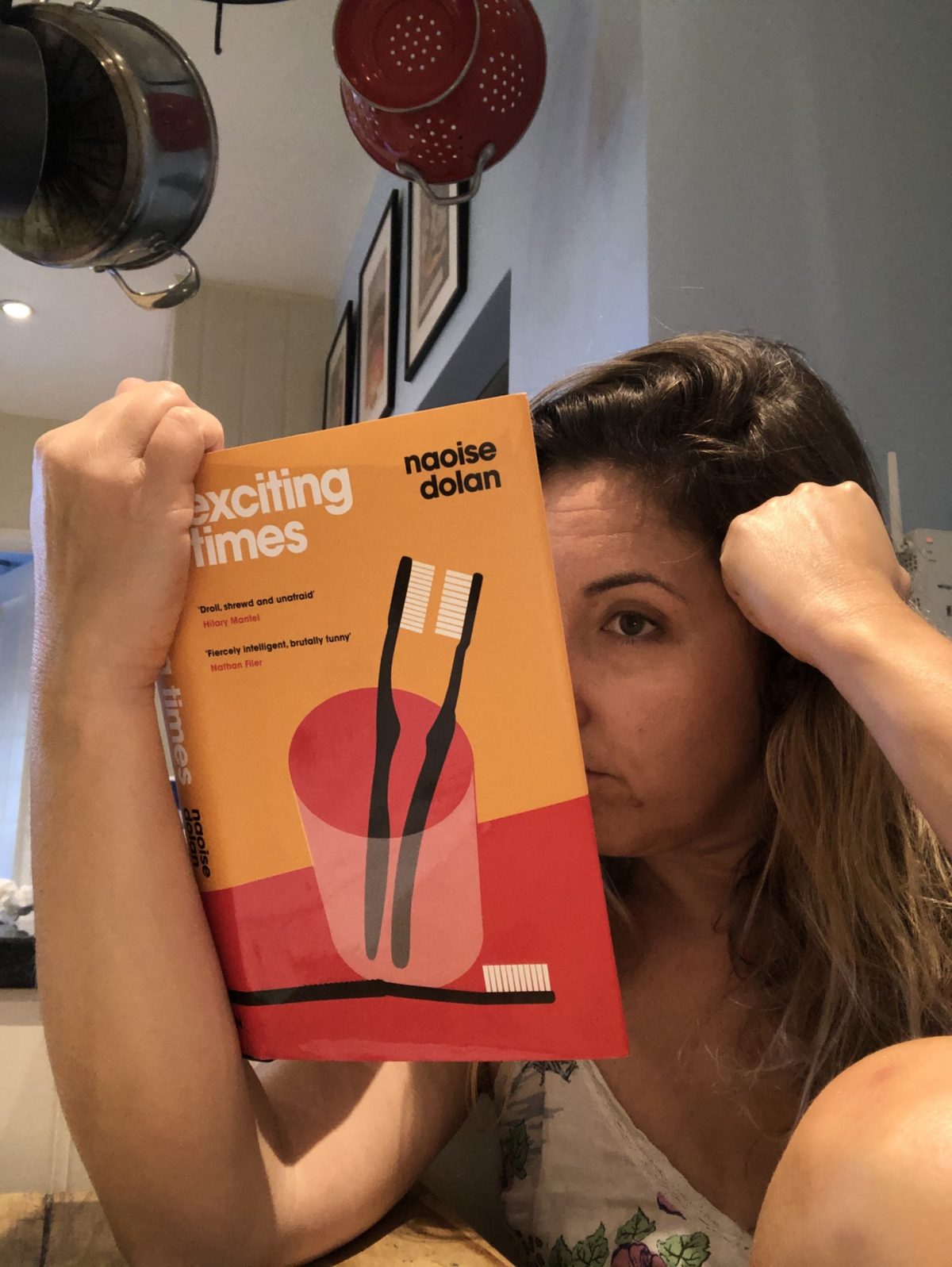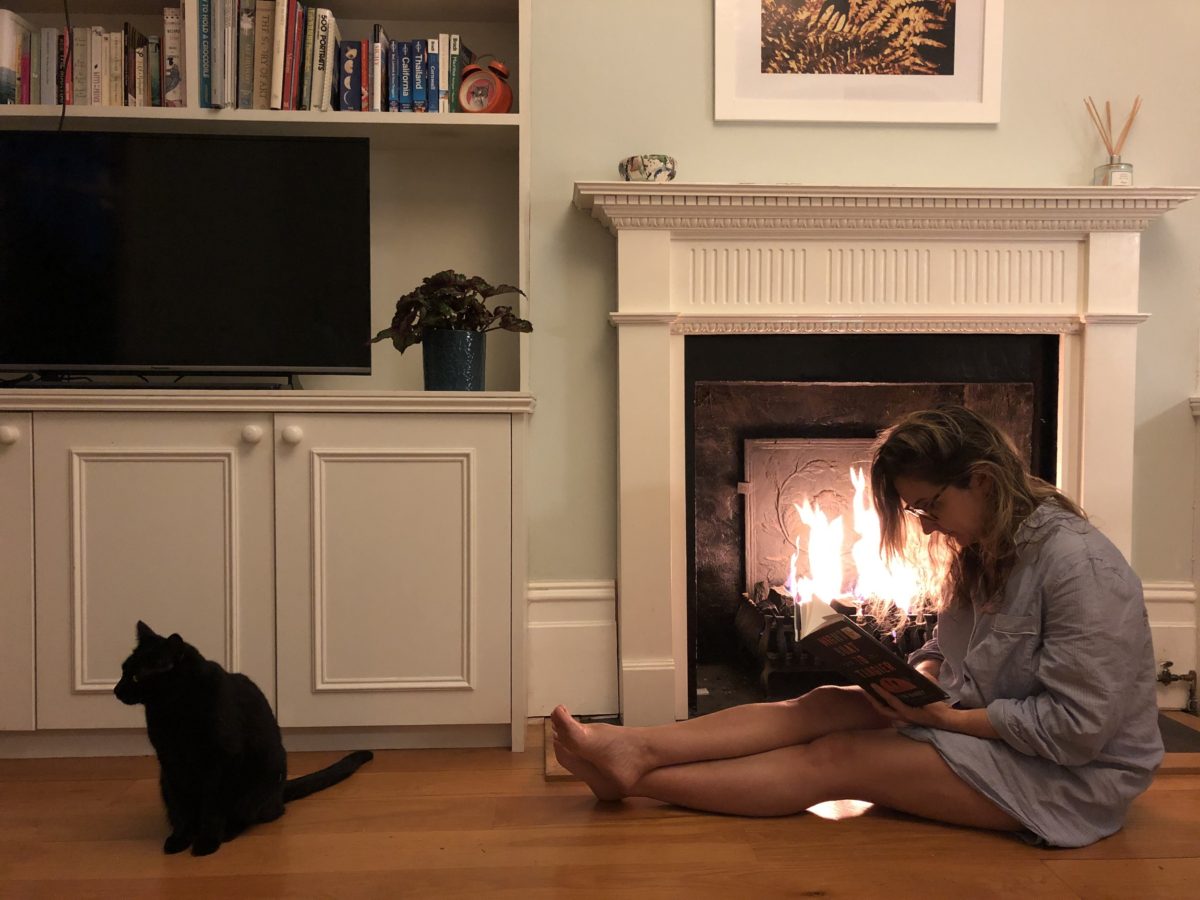This writer wishes she was Sally Rooney. So do I.
Their settings are similar, being mostly about an Irish millennial’s love life, but for me it lacks Rooney’s clarity and intelligence. It also has some extremely contradictory axes to grind about left-wing politics.
Ava is teaching English in Hong Kong. She moves in with a banker she is sleeping with, Julian, largely because she does not want to pay her own rent. This makes her sound venal, and she is. Meanwhile, she enjoys lecturing everyone about left-wing politics. On the other hand, no one can say she is cheating Julian, because he emphasizes repeatedly that they are not in a relationship. This upsets her, but as she says:
I couldn’t even feel truly, sumptuously sorry for myself, because it wasn’t reciprocation I was craving. My desire was for Julian’s feelings to be stronger than mine. No one would sympathise with that. I wanted a power imbalance, and I wanted it to benefit me.
So the book wasn’t all bad. It had some sharp and accurate observations such as the above. But it really fell apart when it came to social commentary. Here she is meeting Julian
People who had gone to Oxford would tell you so even when it wasn’t the question. Then, like ‘everyone,’ he (said he’d) gone to the City. “Which city?” I said. Julian assessed whether women made jokes, decided we did, and laughed.
I mean this is just nonsense. Generally people who have gone to e.g. Harvard will go out of their way to stay they studied in Boston and similar. And in general young men will laugh at your jokes. It’s older men who struggle with that. So to me it was all came across as rather pat, academic social commentary about income inequality, by someone who has so far had rather a good time. Take the fact that she refers to her teaching English as the whole “neo-colonial TEFL thing.” This just drips privilege, as if it would be better for kids not to be able to speak the international language of business because it would make history neater. Or try this, justification of her living with Julian:
Who would believe me if I said it made no difference whether I lived in his apartment or a dingy Airbnb? Yes, I’d say, I am perfectly apathetic as to whether I spend most of my income renting a tiny room with people who hate me. These things are quite subjective. I could have soft towels and five-star dinners, or I could check my windowsill every morning to see how many cockroaches died there in the night.
What a heart-breaking analysis of the challenges of inequality. An expensive Airbnb: I mean.





